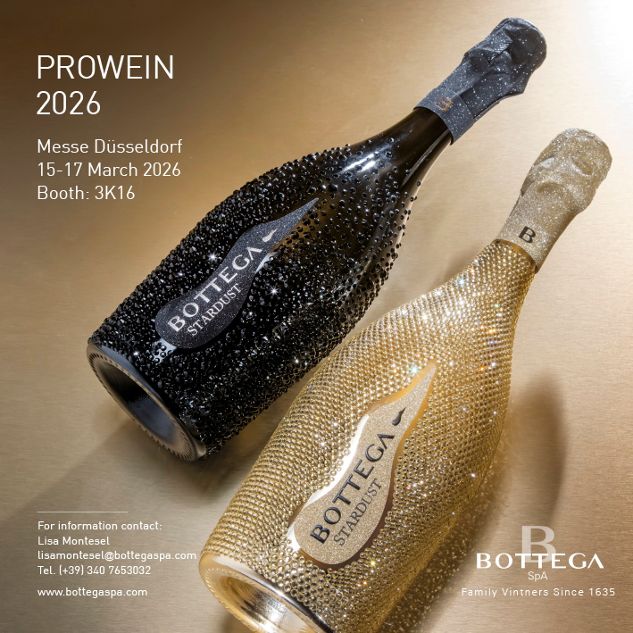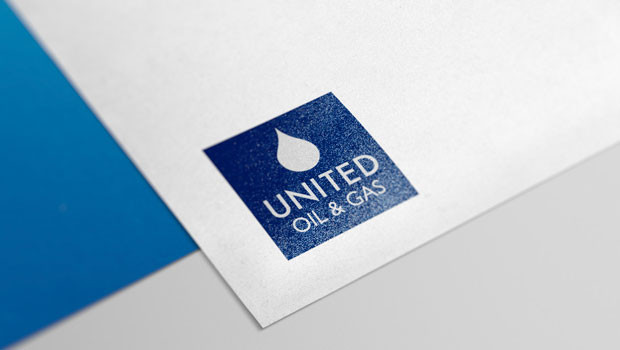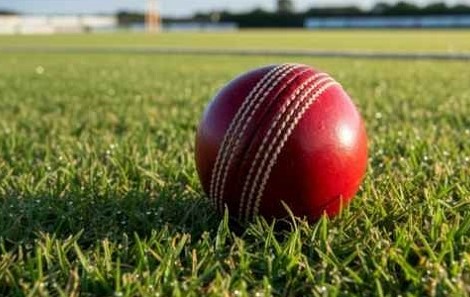Health chiefs in Wolverhampton have welcomed the introduction of a sugar levy on soft drinks as manufacturers will have to pay a levy on the high-sugar drinks they sell.
Around half of firms have reduced the sugar content of their products ahead of the change. Others are keeping recipes the same but increasing the price of drinks or cutting the size of bottles.
Public Health England says the levy will help reduce levels of obesity, as well as improving the oral health of children, with figures released this week showing that every 10 minutes a child in England has a tooth removed which has become rotten due to preventable decay.
John Denley, the City of Wolverhampton Council's Director of Public Health, said: "We have fundamental concerns about childhood obesity in Wolverhampton, with more than a quarter of our 10-year-olds classed as obese, compared to just under a fifth nationally.
“Having high sugar levels in their diet is a major cause of this – and it is also impacting on their dental health too.
"The introduction of this sugar levy is a national step change that will make a real difference, and is wholly consistent with our ongoing work to reduce obesity levels in Wolverhampton - we hope it will encourage consumers to choose low sugar alternatives wherever possible.”
From today, drinks with more than 5g of sugar per 100ml will face a levy of 18p per litre. Those with more than 8g per 100ml will face a higher rate, 24p per litre.
Pure fruit juices are exempt as they do not carry added sugar, while drinks with a high milk content are also exempt due to their calcium content.
The levy is being applied to manufacturers – whether they pass it on to consumers or not is up to them. Money raised through the levy will be reinvested in school sports and breakfast clubs.
Mr Denley added: “This is about helping people to make healthier choices and, by investing the proceeds in school sports and breakfast clubs, it will help provide further opportunities for children to get the nutrition and exercise that they need to help them to learn.”
Public Health England recommends the maximum daily sugar intake for four to six-year-olds should be no more than five cubes per day, for seven to 10-year-olds the limit is six cubes and for children aged 11 years and over it is seven cubes. It says a typical 500ml energy drink can contain as many as 13 cubes of sugar, while a 330ml can of cola has around nine.
















